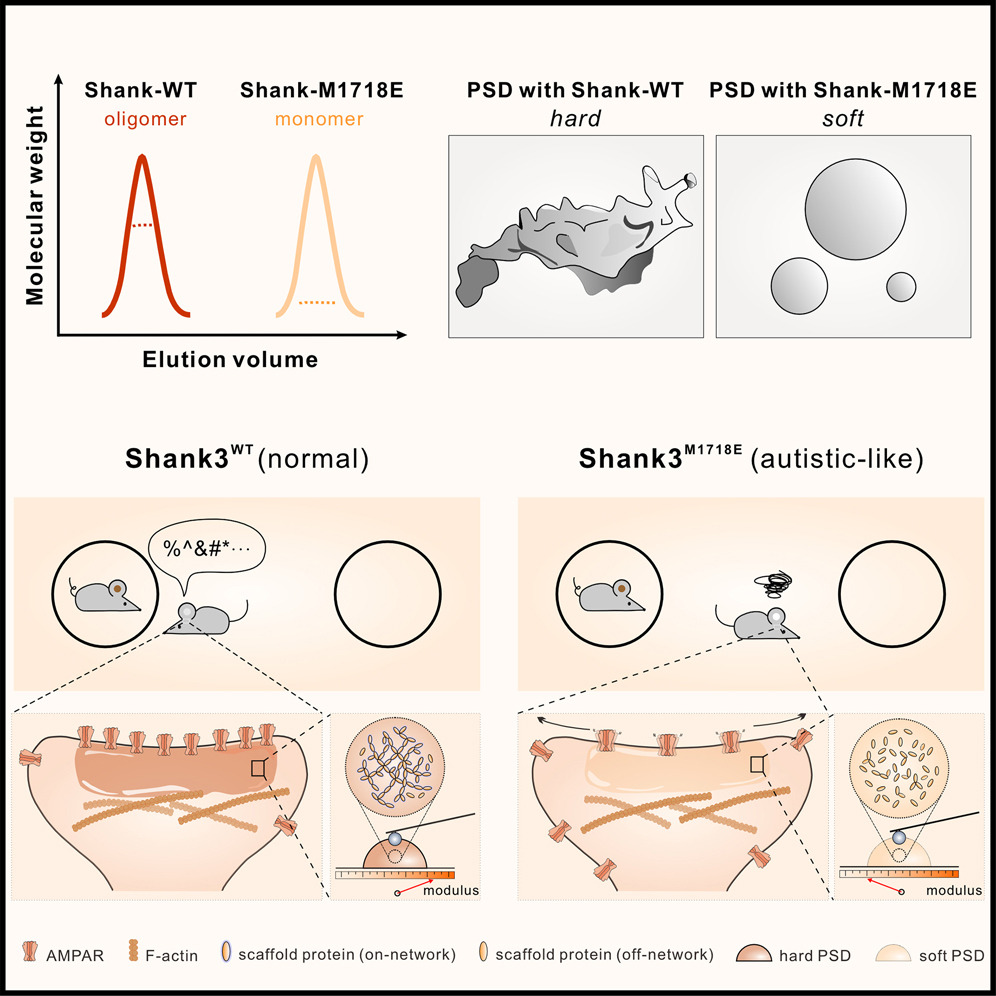DISC1 regulates neurogenesis via modulating kinetochore attachment of Ndel1/Nde1 during mitosis
2017.12.06Ye, F., Kang, E., Yu, C., Qian, X., Jacob, F., Yu, C., ... & Zhang, M. (2017). Neuron, 96(5), 1041-1054.
Mutations of DISC1 (disrupted-in-schizophrenia 1) have been associated with major psychiatric disorders. Despite the hundreds of DISC1-binding proteins reported, almost nothing is known about how DISC1 interacts with other proteins structurally to impact human brain development. Here we solved the high-resolution structure of DISC1 C-terminal tail in complex with its binding domain of Ndel1. Mechanistically, DISC1 regulates Ndel1’s kinetochore attachment, but not its centrosome localization, during mitosis. Functionally, disrupting DISC1/Ndel1 complex formation prolongs mitotic length and interferes with cell-cycle progression in human cells, and it causes cell-cycle deficits of radial glial cells in the embryonic mouse cortex and human forebrain organoids. We also observed similar deficits in organoids derived from schizophrenia patient induced pluripotent stem cells (iPSCs) with a DISC1 mutation that disrupts its interaction with Ndel1. Our study uncovers a new mechanism of action for DISC1 based on its structure, and it has implications for how genetic insults may contribute to psychiatric disorders.
- Recommend
-
2025-10-22
IQSEC2/BRAG1 may modulate postsynaptic density assembly through Ca2+-induced phase separation.
-
2025-08-22

Shank3 oligomerization governs material properties of the postsynaptic density condensate and synaptic plasticity.
-
2025-08-21
Modulating synaptic glutamate receptors by targeting network nodes of the postsynaptic density condensate.
-
2025-08-19
Current practices in the study of biomolecular condensates: a community comment.
-
2025-06-10
Phase separation instead of binding strength determines target specificities of MAGUKs.

